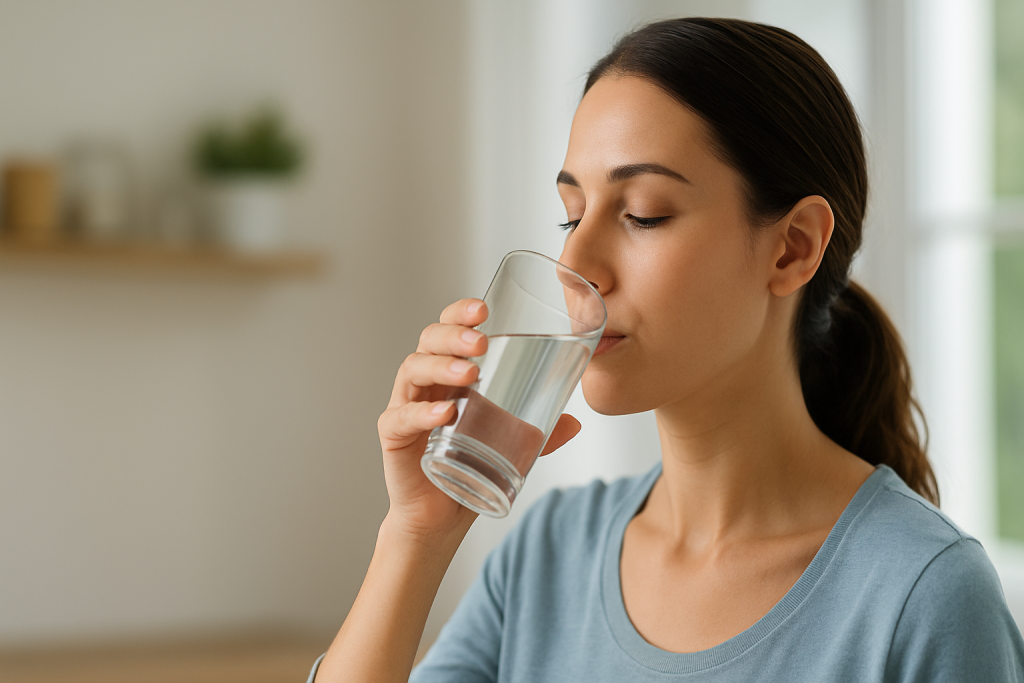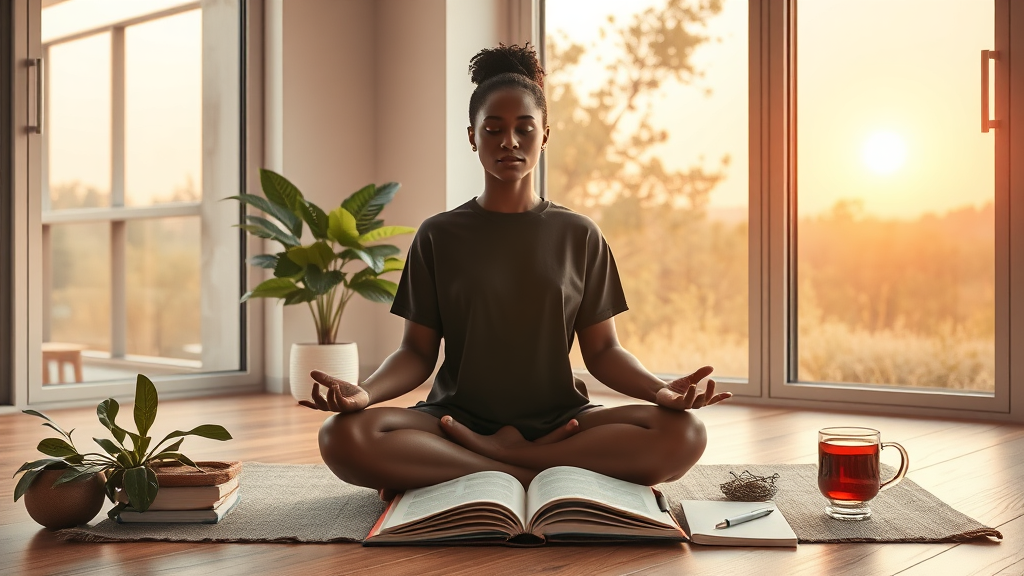
More Than Just Drinking Water
When most people hear the word hydration, they think of simply drinking eight glasses of water a day. But the truth is, staying hydrated is about so much more than that. It affects everything — from how your brain works to how well your body fights off illnesses. The importance of hydration often flies under the radar, yet it plays a vital role in helping us live healthier, more energized, and more balanced lives.
In this article, we’ll dive deep into why hydration is essential, how it impacts your body and mind, and practical tips to help you stay properly hydrated every day.
1. The Science Behind Hydration
Water makes up about 60% of the human body. It’s involved in nearly every biological function — from regulating body temperature to lubricating joints and flushing toxins from your system.
Without adequate hydration:
- Blood thickens, making circulation harder.
- The brain can shrink slightly, affecting concentration and mood.
- Kidneys have to work harder, risking long-term damage.
- Muscles fatigue quicker, leading to less effective workouts.
That’s why doctors often refer to water as “the most important nutrient you’re not getting enough of.”
2. Hydration and Energy Levels
Feeling tired for no reason? It could be dehydration. Even a small dip (1-2%) in your body’s water levels can cause fatigue and sluggishness. Water helps carry oxygen throughout your body, and when you’re dehydrated, everything slows down — including your energy production.
Instead of reaching for your third cup of coffee, try drinking a full glass of water and waiting 15 minutes. You’ll often feel an instant boost in clarity and energy.
3. Better Skin, Hair, and Nails
Hydration is also your secret beauty weapon. When your body has enough fluids:
- Your skin looks more radiant and less wrinkled.
- Breakouts and skin dryness decrease.
- Hair and nails grow stronger and healthier.
Dehydrated skin can appear dull and flaky. Many expensive serums and moisturizers won’t help if your hydration levels are too low. Glowing skin really does start from within.
4. Digestion and Detox Support
Drinking enough water helps your digestive system function smoothly. It supports saliva production, breaks down food, and keeps your intestines moving.
Follow our social media to get an daily update!
Common issues like bloating, constipation, or indigestion are often linked to low fluid intake. Water also plays a major role in detoxifying your body, helping your liver and kidneys flush out harmful waste.
Tip: Warm water with lemon in the morning is a great way to jumpstart digestion and hydration for the day.
5. Weight Loss and Appetite Control
Hydration is a major player in any weight management strategy:
- Drinking water before meals helps you feel full.
- Sometimes we confuse thirst for hunger, leading to unnecessary snacking.
- Staying hydrated boosts metabolism slightly, helping you burn more calories.
Replacing sugary drinks with water also drastically reduces your daily calorie intake. It’s one of the simplest ways to start losing weight without feeling restricted.
6. Hydration and Mental Focus
Your brain is made up of about 75% water. Dehydration can impact:
- Memory
- Focus
- Alertness
- Mood
Even mild dehydration can lead to irritability, anxiety, and difficulty concentrating. If you’re feeling mentally foggy or moody, it may not be a bad day — it might just be a dry one.
A study published in the Journal of Nutrition found that even a 1.5% fluid loss can impair cognitive performance, especially in tasks involving attention and executive function.
7. How Much Water Do You Really Need?
The old “8 glasses a day” is a useful starting point, but it’s not one-size-fits-all. Your hydration needs depend on:
- Body size
- Physical activity
- Climate
- Diet
- Health conditions
A more accurate approach is to drink half your body weight in ounces. For example, if you weigh 160 lbs (72 kg), aim for 80 oz (2.4 liters) of water daily.
Also, don’t forget that fruits and vegetables like cucumbers, watermelon, oranges, and spinach contribute to hydration too.
8. Signs You’re Not Drinking Enough Water
Common symptoms of dehydration include:
- Dry mouth or lips
- Dark yellow urine
- Fatigue
- Headaches
- Dizziness
- Muscle cramps
If you’re experiencing any of these, it’s time to up your water intake.
9. Tips to Stay Hydrated Without Effort
Making hydration a habit doesn’t have to be boring. Here are a few easy tips:
- Start your day with a big glass of water.
- Carry a reusable water bottle everywhere you go.
- Set hourly reminders on your phone.
- Flavor your water with lemon, mint, cucumber, or berries.
- Drink a glass before every meal.
- Use a water-tracking app if needed.
10. Hydration Beyond Water: What Counts?
Not a big fan of plain water? Good news — many other fluids count toward hydration, such as:
- Herbal teas (chamomile, mint, ginger)
- Coconut water
- Broths and soups
- Milk and milk alternatives
But be cautious with caffeinated or sugary drinks — they can be dehydrating and add empty calories.
Conclusion: A Simple Habit with a Massive Impact
Hydration might seem like a small detail, but its impact on your health, energy, mood, and appearance is huge. It’s one of the most overlooked wellness habits — and one of the easiest to fix.
Next time you’re tired, moody, or dealing with cravings, don’t underestimate the power of a tall glass of water. Your body will thank you — every single day.



